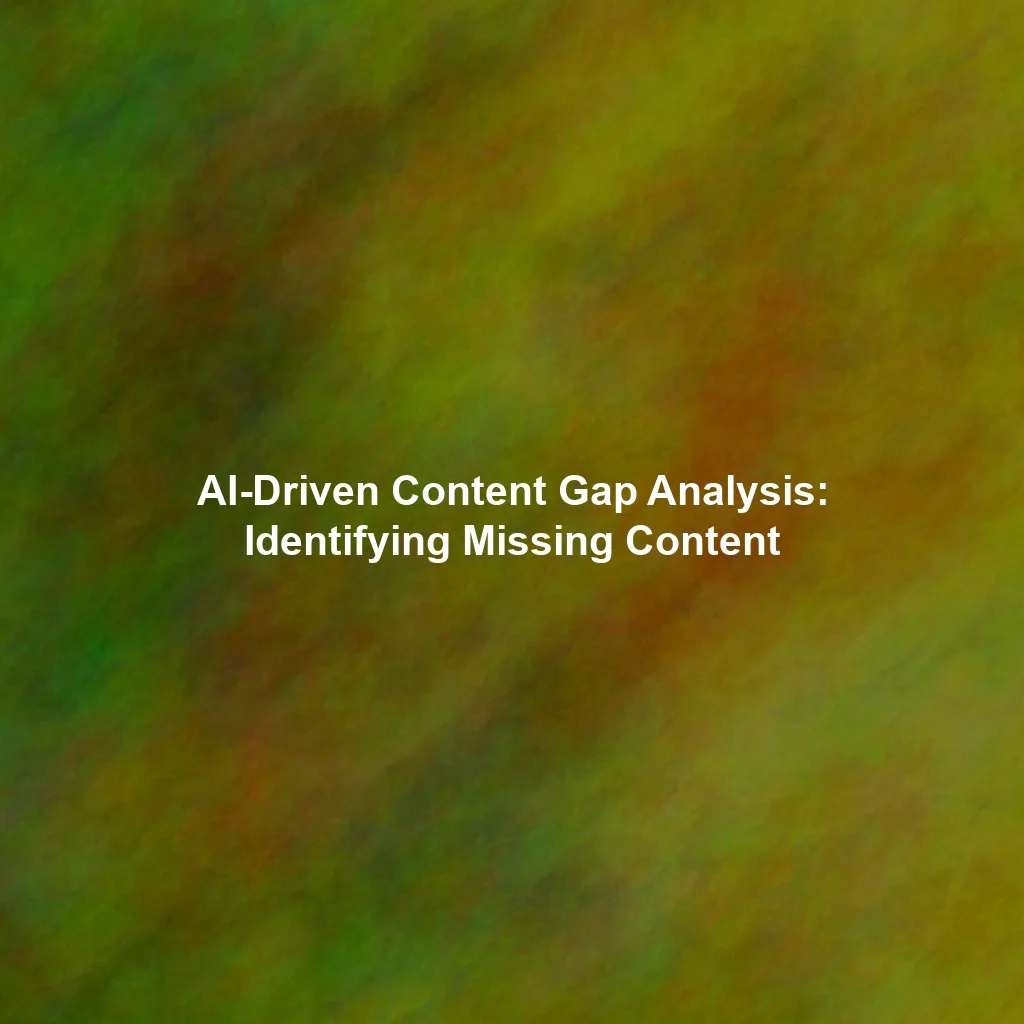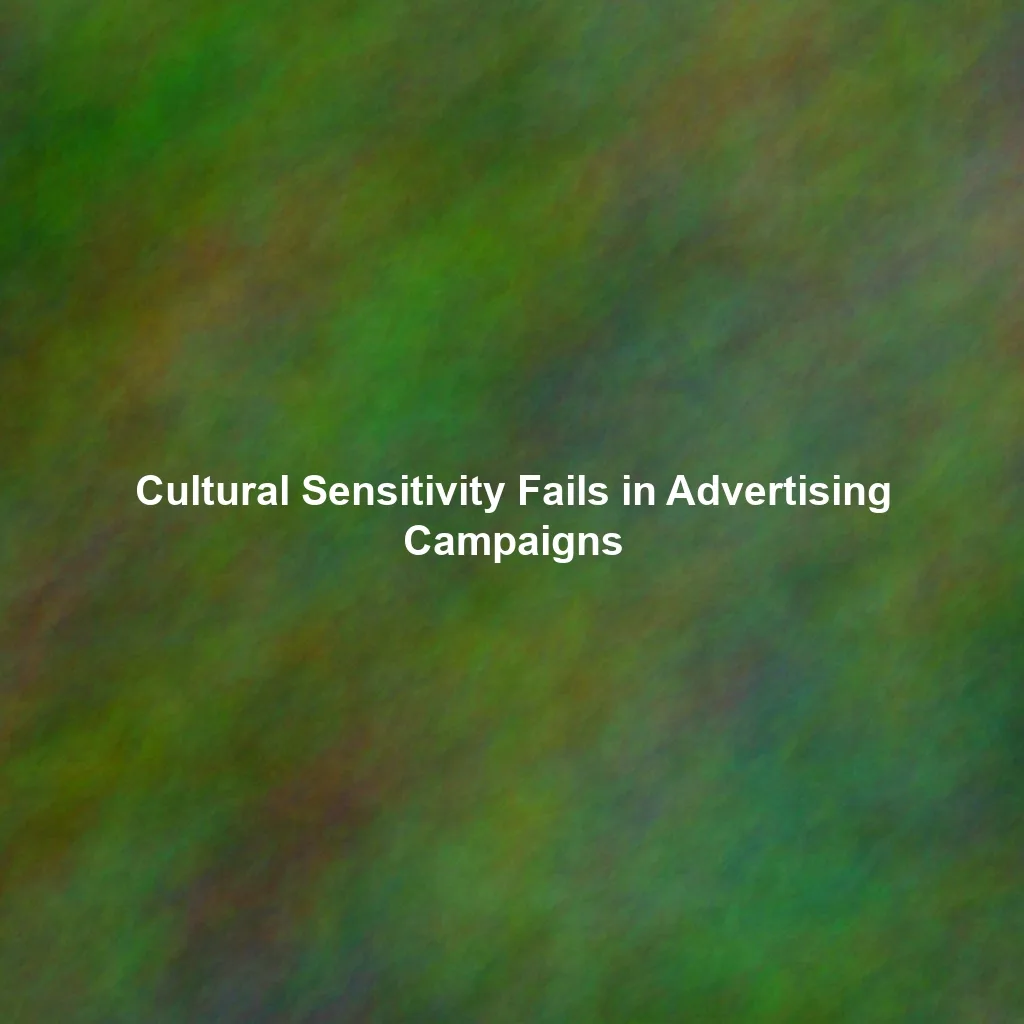Pepsi, a global beverage giant, has consistently leveraged the power of celebrity endorsements to build brand awareness, drive sales, and connect with consumers on a deeper level. From iconic partnerships with music legends to collaborations with rising stars, Pepsi’s strategy has been a cornerstone of its marketing efforts for decades. This article delves into Pepsi’s history of celebrity endorsements, analyzes their effectiveness and ROI, explores their celebrity selection process, and examines the potential risks involved.
The History of Pepsi’s Star-Studded Partnerships
Pepsi’s journey into celebrity endorsements began in the early years of television, recognizing the potent influence of popular figures. Over the years, they’ve partnered with some of the biggest names in entertainment, creating memorable campaigns that have become ingrained in popular culture.
Michael Jackson: A Thrilling Collaboration
One of Pepsi’s most groundbreaking collaborations was with Michael Jackson in the 1980s. The “Pepsi Generation” commercials featuring Jackson were a global phenomenon, catapulting the brand to new heights of popularity. The partnership extended beyond television ads, with Jackson also performing at Pepsi-sponsored events. This collaboration, although ultimately marred by an on-set accident where Jackson suffered burns, significantly elevated Pepsi’s brand image and appeal, particularly among younger audiences. It’s widely considered a golden age for Pepsi’s marketing.
Britney Spears: Pop Princess Power
In the early 2000s, Pepsi tapped into the immense popularity of Britney Spears. Spears starred in numerous Pepsi commercials, often incorporating her hit songs and dance moves. This partnership helped Pepsi maintain its relevance with a younger generation of consumers and reinforced its association with pop culture. The vibrant and energetic campaigns resonated well with Britney’s fanbase, further boosting Pepsi’s brand visibility.
Beyoncé: A Queen’s Reign with Pepsi
Continuing its tradition of partnering with music royalty, Pepsi signed Beyoncé to a multi-year, multi-million dollar deal in the 2010s. This partnership extended beyond traditional commercials and included creative collaborations, such as the release of limited-edition Pepsi cans featuring Beyoncé’s image. The partnership aimed to empower fans and promote creativity, aligning with Beyoncé’s own brand of female empowerment. This was a strategic move to tap into Beyoncé’s global reach and influential status.
Evaluating the Effectiveness and ROI of Celebrity Endorsements
Measuring the exact ROI of celebrity endorsements is a complex task. However, several metrics can be used to assess their effectiveness:
- Brand Awareness: Celebrity endorsements significantly increase brand visibility and recognition.
- Sales Impact: While difficult to isolate, celebrity endorsements can contribute to increased sales, particularly when campaigns are well-executed and resonate with the target audience.
- Brand Perception: A positive association with a popular celebrity can enhance brand image and appeal.
- Social Media Engagement: Celebrity endorsements often generate significant buzz on social media, increasing brand engagement and reach.
Pepsi carefully monitors these metrics to evaluate the success of its celebrity partnerships. While quantifying the precise ROI can be challenging, the consistent use of celebrity endorsements suggests that Pepsi believes they provide a valuable return.
The Celebrity Selection Process: Finding the Right Fit
Pepsi’s celebrity selection process is strategic and data-driven. Key considerations include:
- Target Audience Alignment: The celebrity’s fanbase should align with Pepsi’s target demographic.
- Brand Image: The celebrity’s public image should be consistent with Pepsi’s brand values.
- Reach and Influence: The celebrity should have a significant reach and influence over their audience.
- Authenticity: The celebrity should genuinely connect with the brand and its message.
Pepsi also conducts thorough research to assess the celebrity’s reputation and potential risks before entering into a partnership.
Potential Risks and Controversies
Celebrity endorsements are not without their risks. Controversies surrounding a celebrity can quickly tarnish the brand’s image. Examples include:
- Scandals: A celebrity’s involvement in a scandal can negatively impact the brand’s reputation.
- Inconsistent Messaging: If a celebrity endorses competing products or promotes conflicting values, it can dilute the brand’s message.
- Overexposure: Overusing a celebrity in marketing campaigns can lead to fatigue and diminish their impact.
Pepsi has faced challenges related to celebrity endorsements, requiring swift and decisive action to mitigate any negative consequences. The company now employs sophisticated risk assessment strategies and includes clauses in contracts to address potential issues.
The Future of Pepsi’s Celebrity Endorsements
As marketing evolves, Pepsi continues to adapt its approach to celebrity endorsements. Social media influencers and micro-influencers are becoming increasingly important, offering a more targeted and authentic way to connect with consumers. Pepsi is likely to continue exploring these new avenues while maintaining its tradition of partnering with established celebrities.
Conclusion
Pepsi’s history of celebrity endorsements is a testament to the power of leveraging popular figures to build brand awareness, drive sales, and connect with consumers. While challenges and risks exist, Pepsi’s strategic approach to celebrity selection and its commitment to adapting to evolving marketing trends suggest that celebrity endorsements will remain a key component of its marketing strategy for years to come. The company’s continued success hinges on finding the right celebrities, creating compelling campaigns, and effectively managing the potential risks involved.
 Skip to content
Skip to content

